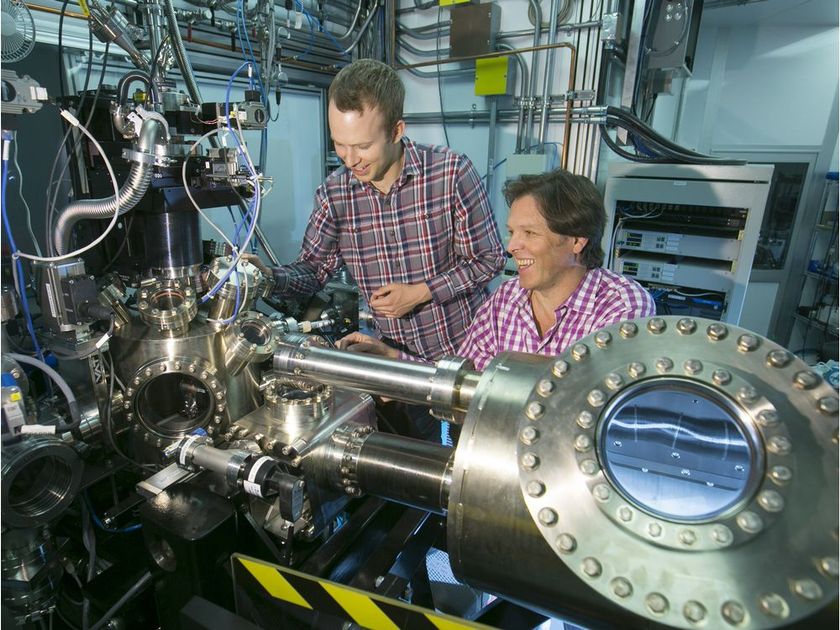Read the full article here: http://thestarphoenix.com/news/saskatchewan/young-innovators-powering-the-next-computer-revolution
From computers to cellphones, the silicon chips that make our electronic devices work have progressively shrunk in size by using smaller and faster components, sometimes just a few dozen atoms thick.But in about five years, chip developers will not be able to go smaller because materials that thin become progressively unreliable chip semiconductors, says Neil Johnson, a recent University of Saskatchewan PhD graduate.
